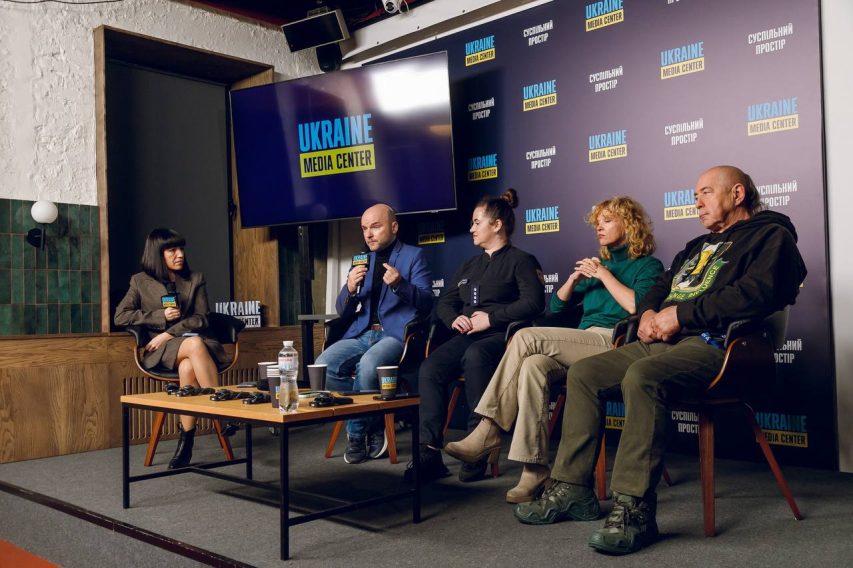
Psychological resilience in Ukraine: Key trends from the latest research
New findings from public organizations, academic institutions, research networks, and government data point to notable trends in the psychological resilience of Ukrainians. According to data from the Ministry of Health, calls for psychological assistance have surged, signaling a rise in individual resilience in Ukraine compared to other nations.
The topic was discussed at the Media Center Ukraine.
“The journey to build national resilience must consider the factors that inherently divide people, even as they strive for unity,” said Oleh Pokalchuk, social psychologist and therapist with the Integration Center.” “We see three key sociological trends. First, the Ministry of Health reports a threefold increase over the past nine months in individuals seeking psychological help or counseling. Secondly, a USAID-commissioned survey from the Institute of Sociology highlights a shared experience of suffering as one of the strongest unifying factors. Lastly, the Civil Network OPORA indicator—which highlights the prevalence of inter-confessional tensions—shows that despite discussions about growing resilience, social solidarity is actually weakening,” Pokalchuk added.
Dmytro Teperik, Director General of the “Resilient Ukraine” NGO, noted that data from the ResWell research network suggest that Ukraine’s collective resilience is on the rise compared to other countries.
“We conducted studies in eight countries; there is a research cooperation called ResWell, and Ukraine is part of that, along with the Baltic States (Estonia, Latvia, and Lithuania), Poland, the Czech Republic, Slovakia, Romania, and Georgia. The first measurement was in 2022, and then the second one was in 2023. We compared the results, and speaking about the components of individual resilience, the only country where individual resilience increased was Ukraine. Although, I mean, between 2022 and 2023, again, the second year of the war, and everything that is happening here, in other countries individual resilience decreased. The reason, as colleagues and practitioners explained, is shared experience, shared troubles, and shared problems. I mean, something that Ukrainians are sharing daily that unites them and makes them more cohesive. That’s kind of a good predictor for individual resilience,” he explained.
Read more: https://mediacenter.org.ua/news
 Back
Back 